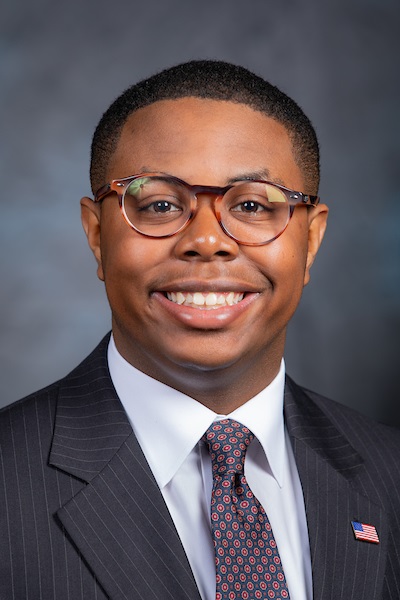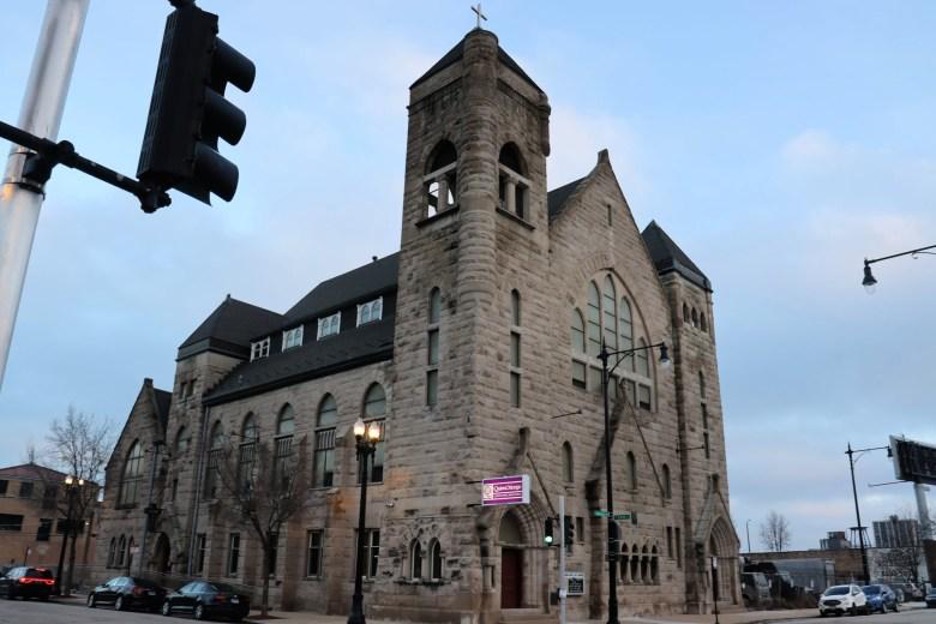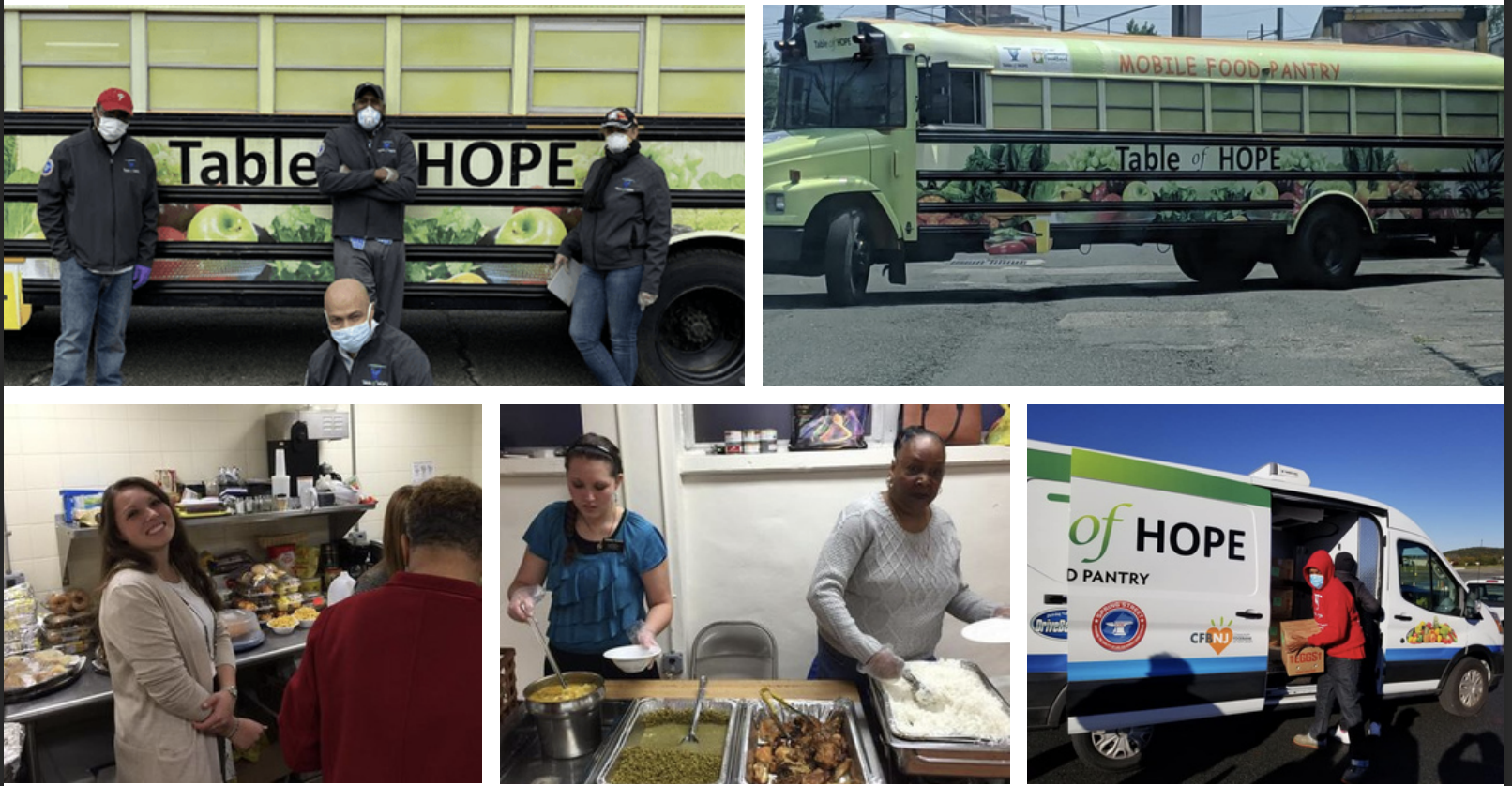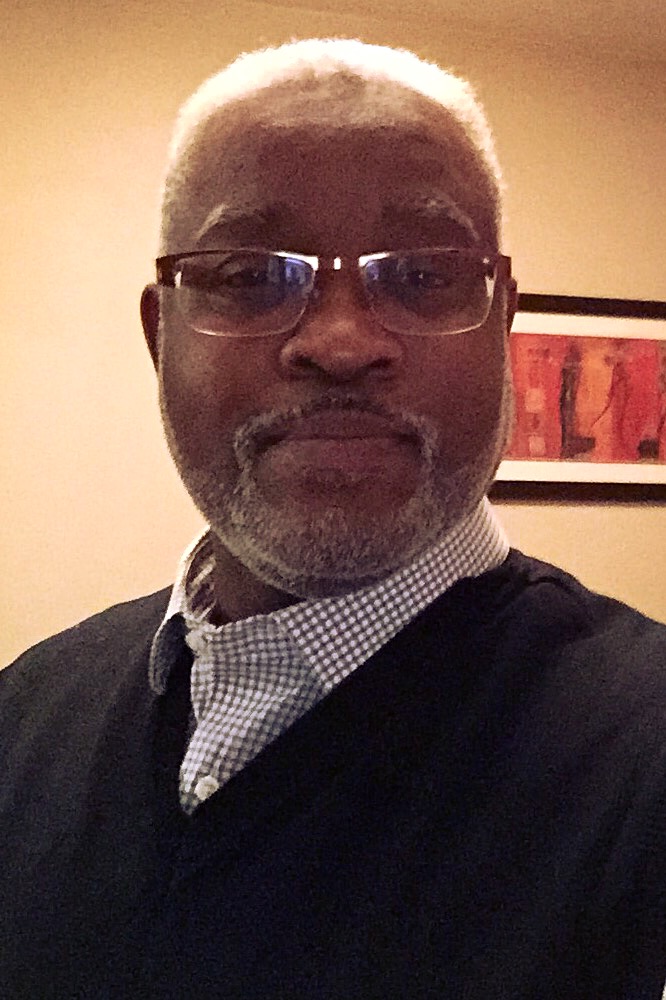Living into Lament: A White response to the killing of Tyre Nichols by police
By Robert P. Jones, PRRI
I’m learning.
I’m learning that it is hard to feel the impact of violence. It is difficult to make it real and bring it close enough to sense its cold shadow. It passes by the window, like the neighbor who briefly triggers the dog to bark, and is soon gone. But it doesn’t come to the door, and it doesn’t force its way in.
There is a numbness that comes from the macabre familiarity of the events that led to the death of Tyre Nichols.
Here is The New York Times account:
Memphis police officers held down Tyre Nichols, a 29-year-old Black man, and took turns punching and kicking him as he pleaded for them to stop, according to video footage released by officials yesterday. Nichols died in the hospital three days after the Jan. 7 traffic stop.
Nichols cooperated, telling the officers, “I’m just trying to go home.” Although he showed no signs of resistance, they continued to yell at and threaten him. As he lay on the ground, officers pepper-sprayed him. Nichols then fled, and officers pursued him. “I hope they stomp his ass,” one officer who remained behind said.
The officers caught Nichols and held him down as they punched and kicked him, hit him with a baton, and pepper-sprayed him while he grew increasingly incapacitated. He did not appear to fight back or resist. Instead, he yelled for his mother at one point.
It is too easy to say an exasperated, “Again?!” and then move on to the next item on the to-do list. It is too easy to read quickly past even the heartbreaking detail of a man pleading for mercy and then, fearing for his life, desperately calling out for his mother. And it is too easy to forget that the brutality of police also brought George Floyd to this final invocation: “Momma!” Floyd called out. “Momma! I’m through.”
It is hard to make the all-too-familiar headline real.
It is difficult, that is, if you’ve grown up thinking of yourself as white.
But when I see my African American friends stopped in their tracks, pouring out their anger and grief on emails, phone calls, social media, and columns, I know we white people have to do and be better.
So, I’m sharing the voices of my African American friends and colleagues here. And I invite those of you whose skin looks more like mine to use each of these lamentations as a moment of meditation today, slow down, open the door, and sit with our brothers and sisters.
And here’s a lament from W.E.B DuBois, written after the Atlanta race massacre in 1906, in which roving mobs of white citizens killed dozens of African Americans—a reminder of how deep the roots of this inhumanity goes in America.
Bewildered we are, and passion-tossed, made with the madness of a mobbed and mocked and murdered people; straining at the armposts of Thy Throne, we raise our shackled hands and charge Thee, God, by the bones of our stolen fathers, by the tears of our dead mothers, by the very blood of Thy crucified Christ: What meaneth this? Tell us the Plan, and give us the Sign!
Keep not thou silent, Oh God!
The final meditation comes directly from Tyre Nichols. As the Associated Press noted in a moving piece entitled, “Tyre Nichols remembered as a beautiful soul with creative eye,” Nichols was a self-described “aspiring photographer.”
He was on his way home from taking pictures of the sky when police pulled him over.
His photography portfolio website is titled “Welcome to the World Through My Eyes.” On his “About” page, he tells us:
My vision is to bring my viewers deep into what I see through my eye and out through my lens. People have a story to tell. So why not capture it instead of doing the “norm” and writing it down or speaking it? I hope to one day let people see what I see and to hopefully admire my work based on the quality and ideals of my work.
Do take the opportunity to see the world through his eyes.
Tyre’s vision, his story, and his life have been cut short by police violence. It is right to lament, with the psalmist, “How long, O Lord?” But it is also necessary for white folk to feel the losses upon losses enough, to decide they matter enough, that we speak up and demand change.





